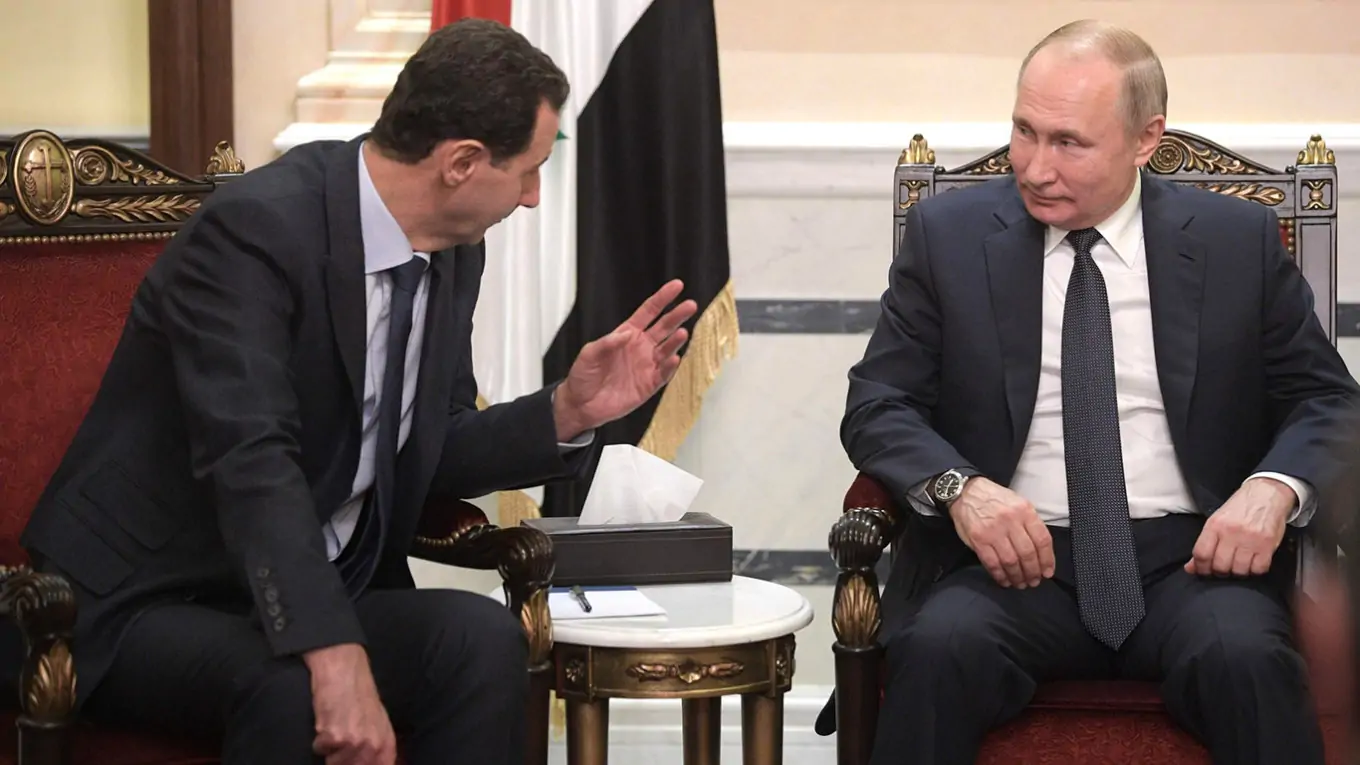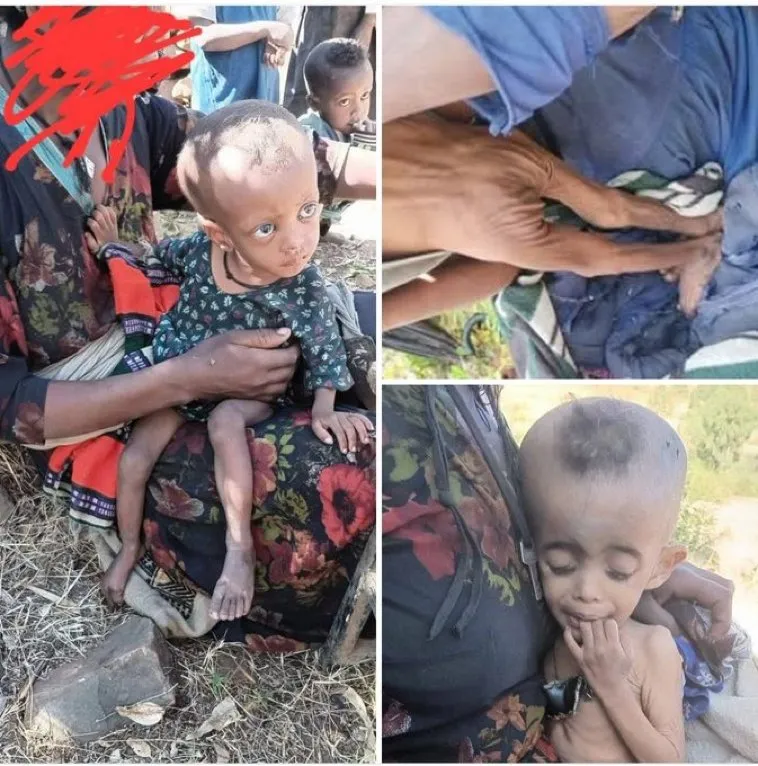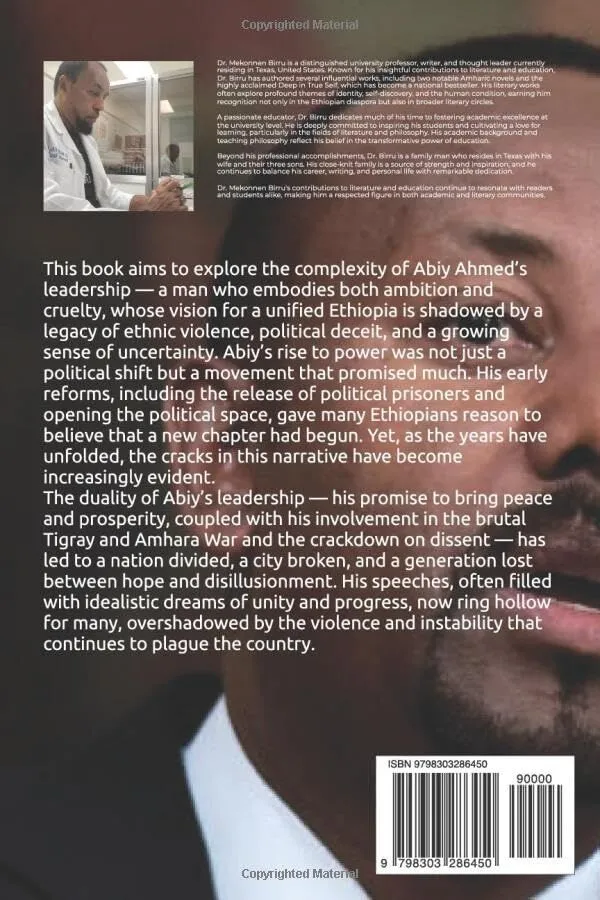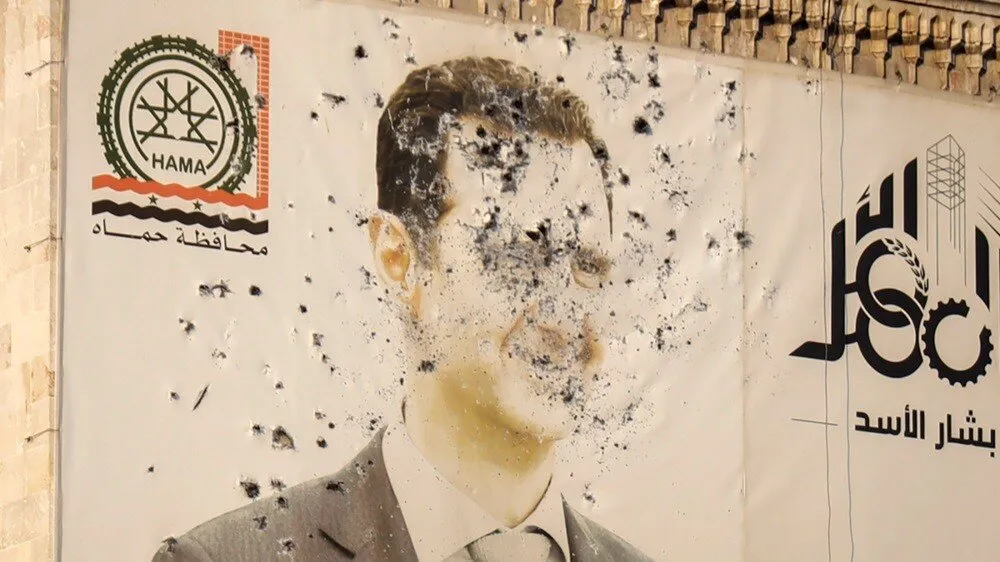By Mikael Wossen (PhD)
“The meek shall inherit the earth, but not its wealth.” – Anonymous
Access to clean water and electricity are accepted as the sine qua non of modernity. Yet a sizable portion of the people of Ethiopia has no immediate access to both. Lack of clean water and its key consequence hygiene, and electricity are regularly felt by many Ethiopians, even by citizens in the capital Addis Ababa. Some 34 million Ethiopians across the country are said to practice open defecation. It’s not unusual to witness this act in the capital. The idea of public washrooms seems still quite alien to Ethiopian city planners, and clean water remains a sign of affluence.
Most rural wives/mothers must still undertake the long treacherous walks to access clean water for their households. Nine out of ten households use open latrines in Addis Ababa, a regional political/diplomatic capital of considerable status. The upper (moneyed) crust is spared the inconveniences of the frequent absence of electricity by virtue of their generators. Being able to purchase a generator to have electricity at home, or installing a home filtration system for clean water are private solutions to a social and public problem. These are solutions whose access is limited to a select few and, in the final analysis; fail to alleviate the wider social problem. To be sure, energy poverty is a problem across Africa. Over half of the population of the continent lives in the dark perpetually; in other words, it lacks access to electricity.
Still, it is said that slightly over half of the people of Ethiopia now enjoy access to clean water and potential access to electricity. At the same time, a good half of the population of Ethiopia lives under the constant threat of food insecurity (not having enough dietary energy) and consistently feels the pangs of hunger or undernourishment. A section of this population lives off food aid from abroad i.e. the kindness of strangers. This is a clear failure of agricultural policy. The ruling party in power for 23 years, however, has leased out millions of hectares of land to grow food, cotton or flowers for investors, and built canals and dams in abundance to provide these concessions with water. The so called land grab, let us recollect, is at the same time a water-grab.
The TPLF-EPRDF harvests water at a great cost, think of the grand millennium or renaissance dam (GERD’s cost is US 4.5 billion) only to export electricity to neighboring countries, rather than to rendering Ethiopians up to standard in energy, hygiene and self-sufficient in clean drinkable water. We start with the verity that Ethiopia is an independent nation and has a sovereign right to build any dam it chooses on its land, as long as it doesn’t violate the international agreements governing the water share of downstream nations, and GERD will not likely do that. At the same time, nearly three quarters of Ethiopia’s population lacks access to electricity and only 64% of the population of Addis Ababa has access to tap water. The Ethiopian’s quality of life is pitiable overall, given the abundant natural endowment, many rivers and lakes crisscrossing the country. The per capita income of the population is awfully low, even by Africa’s modest standards. It is half of Kenya’s next door. Meaningful reform is needed to be as competitive as Kenya or even Rwanda. Ethiopian spending on research and development was 0.17pc of GDP in 2007. This figure was well below that of Tanzania, Kenya and Uganda. Ethiopia is currently forced to import wheat from Canada and the US.
To date, only 2% of Ethiopians have access to the internet, although the country is billed as a fast-growing lion. The institution that provides Internet, landline and mobile services is owned by the party-state, and is plagued by corruption, inefficiency, service interruptions. Ethiopia receives the highest possible amount of foreign aid from the US and EU. It also manages a great deal of investment from China and its own expatriates or so called Diasporas. The aim of providing three meals a day to every Ethiopian, once a populist mantra of the deceased TPLF-EPRDF leader Meles Zenawi, is now long forgotten. By some twisted logic related to the desirability of creating an ‘export economy,’ the provision of energy, clothing and food to foreigners has become the priority of the ‘revolutionary democratic’ party-led ethnic regime ruling Ethiopia. The whole exercise makes political leaders accountable to foreign entities rather than their own members, turning the concept of democratic accountability on its head. This near-complete extroversion of the political economy is what we find unacceptable.
The ruling party, at the moment, leases out millions of hectares of land to foreign investors and provides them water, so they can move ahead with guaranteeing food security for their own people. This is where representative democracy matters most to Ethiopians. In brief, democracy is the best possible guarantee against such abuse or misuse of state power. Democracy matters for the proper/accountable management of national wealth and common resources like land, lakes and forests. The alternative leads to pillage and plunder of the Ethiopian people.
Large corporations from America, China, Japan, Middle Eastern States, India, and Europe — are presently engaged in extensive land acquisitions in developing countries. The vast majority of available land is obviously in Sub-Saharan Africa. Never have foreigners owned so much land in Ethiopia. Desalegn Rahmato, who has written on the Ethiopian land deals and farmers extensively, observes that the Government drafted lease agreements show how shallow and un- Ethiopian the TPLF regime has been in its dealings. This is not surprising. Although in command of the Ethiopian state, the regime’s Eritrean-Tigrean elite has never claimed to be Ethiopian in its core identity. After all is said and done, young Meles and his comrades were born and bred in an anti-Ethiopian, pro-Eritrean and “Amharophobic” social and intellectual milieu. This incongruity is compounded by unnecessary secrecy or lack of transparency. A recent report underlines that Africa is fundamentally not needy or poor at all. A combination of ill-founded and inequitable policies, massive disparities among citizens and criminal activities perpetrated and sustained by wealthy elites both, inside and outside the country, are keeping the people in poverty. It is all a big joke to believe that coalitions of Western artists, celebrities and funds will make poverty history in Black Africa.
According to Jose Graziano da Silva, chief of FAO, land deals in Africa have led to a Wild West mentality of somehow grabbing as much as you can. This has led to, among other hazards, to lawlessness, jeopardizing the notion of food security and threatening the lives and livelihood of certain indigenous farmers and the overall biosphere. The United Nations Permanent Forum on Indigenous Issues reports that that “the amount of land that is potentially available for expanded rain-fed crop production is estimated to be about 2 billion hectares, 80 per cent of which is located in sub-Saharan Africa (especially Western and Central Africa) and in South America.” One of the reigning development myths presently is that renting out of this most fertile land to foreign capital leads to the quick political and economic renaissance of Africa.
In fact, you need a sheriff to restore the rule of law here, say many prominent people like Jose Graziano da Silva. FAO’s chief Graziano da Silva was the engineer of Brazil’s successful ‘zero hunger’ programme, and knows what he is talking about. In his view, the surge in world food prices post 2007-08, convinced investors and sovereign fund managers of the need to guarantee ongoing food supplies. The step they took was to acquire huge tracts of land in Africa. What was happening was that .food insecure nations, particularly Middle Eastern and Asian countries, sought to stabilize their people’s food supply at the expense of Africans and the African leaders complied.
To be certain, land acquisitions by private investors and big transnational companies are ‘existing facts’ on the ground that FAO cannot stop easily. It simply lacks the tools and instruments to do so, besides authoritarian governments in Sub-Saharan Africa or South-West Asia with poor governance or tainted by corruption will continue to seek attracting investors in land and water at all costs. They don’t have to produce anything, just rent out their people’s natural environment and means of production. Both Graziano da Silva and Olivier de Schutter, the UN’s special rapporteur on the right to food, agree that there should be a proper way to limit these acquisitions. The international community should accept its role at least in monitoring whether the rights of traditional land users are effectively respected. At the moment, the rights and fate of indigenous people are of no importance to the international community, and readily subordinated to the rights of foreign capital. Oxfam, for instance, argues that the land-grab is out of control as well, and implores the World Bank to freeze its ill-advised investment in large scale land acquisition, in order to send a message to other global investors. The problem is that important actors in the international community are investors and beneficiaries of land grab.
This global scramble for land has lead to machine intensive agro-industrial practices undermining labor-intensive farming, often with the loss of indigenous tenure rights. Environmental degradation/extinction of indigenous plant species, food insecurity and massive abuse of human rights has usually followed. The Oakland Institute research shows “that at least 3,619,509ha of land (an area just smaller than Belgium) have been transferred to investors, although the actual number may be higher.” Conditions differ in the different countries subject to the land-grab. According to Rene Lefort’s The great Ethiopian land-grab: Feudalism, Leninism, Neo-liberalism … plus ça change, ) Ethiopia has distinguished itself as the world champion of “land grabbing” – the practice of renting out vast expanses of farmland to local cronies and, in particular, foreign investors. The practice requires a great deal of contempt for the productivity of the people. It is a purely colonial phenomenon, according to Peebles ‘appropriate land for the needs of the colonists and to hell with those living upon the land, indigenous and at home. Might is right, military or economic. The power of the dollar rules supreme. He concludes his sharp observations by saying that ‘Africa has long been the object of Western domination and usury’. (G. Peebles, Lives and Land Destroyed: Ethiopia for Sale. What’s yours is mine; what’s mine’s my own; ‘Dissident Voice,’June 2, 2012 ).
At the same time, we see that contemporary Ethiopia represents a classic case of a well-endowed African country unable to feed itself, but it can assemble cars. Notwithstanding the semantically labored exercises of the regime about development state, double-digit growth towards a middle income status, and there being no land grab or famine in contemporary Ethiopia etc., this is where we stand. Put simply, the people and land of Ethiopia are granted to foreigners by a regime that is motivated by quick profits and distorted notions of development. As Rist (1997) writes, “The strength of development discourse comes from its power to seduce, in every sense of the term, …but also to abuse to turn away from the truth, to deceive” (p.1).
Indeed, leading think-tanks are accusing the Ethiopian government of displacing and forcibly ‘villagizing’ Ethiopian pastoralists and herders to make way for large-scale foreign-owned plantations that consume millions of hectares of land and export of cotton, flowers and food and sugar to faraway lands of the investors. This has led to dispossession of poor Ethiopians, food shortages and gross human rights violations under the false colonial pretext that these leased spaces were not populated or were empty spaces to begin This is the discredited colonialist’s ‘terra Neuilly’ argument the regime pushes to insatiable foreigners.
This idea of rapid development where people, traditional lifestyles, the land and the environment come a far second to rapid industrialization is a neo-colonial legend. People’s well-being and improvement of lives, particularly rural lives, must be the starting point and measure of all development efforts. What we have here is different. People too poor to hold on to their humanity, people too poor to protest and demand justice for themselves and their families are being dispossessed, rounded up and forcibly placed in improvised villages. This includes the aboriginal peoples of the Middle Awash. Omo Valley, Gambella i.e., the Suri, Kora, Mursi etc. are among the threatened peoples. Their livelihoods have been decimated to accommodate huge foreign owned food, sugar and cotton sourcing enterprises owned by foreigners and retired Tigreyan generals who have been settled in Gambella. The government’s position is that any and all movements related to land leasing are voluntary or not forced. This is a clear distortion of the facts. Human Rights Watch (HRW) confirms the government’s criminality on this issue. Existing villages are indeed destroyed and indigenous people expelled from their homelands and forced into large scale government-run villagization programmes. The rape of women and children has been reported. The party-run regime has combined robbery of the franchise from all Ethiopians, with robbery of ancestral lands from millions of pastoralists, and other poor farmers. The regime’s wealth is built on a foundation of plunder and genocide, hence its insistence on staying in power forever.
Human Rights Watch (HRW) in its report,“Waiting Here For Death,” states: The Ethiopian federal government’s current villagization program is occurring in four regions—Gambella, Benishangul-Gumuz, Somali, and Afar. This involves the resettlement of approximately 1.5 million people throughout the lowland areas of the country—500,000 in Somali region, 500,000 in Afar region, 225,000 in Benishangul-Gumuz and 225,000 in Gambella. This is all imposed movement, often applied with force, in order to provide pristine land, free of any inconveniences and settlements to foreign corporate allies. Remember the Western outrage and outcry during Mengistu’s villagization agenda. It is almost the opposite now and even the World Bank is participating in these programmes. As they say in Ethiopia lately, Ethiopian foodstuffs, kids and maids are quietly exported to dessert lands and rich farmers are imported into Ethiopia.
What about the price of land? As one would expect, low prices with 99 year leases is the norm with various government incentive packages included. In some cases the land is literally being given away according to the Oakland Institute (OI). This is a development scheme that kills the patient, as it were. Often investors are simply speculators seeking to make an easy buck, by ‘land banking,’ or sitting on the asset, waiting and watching for the price to inflate, then selling. The Oakland Institute in its report, “The Great Land Grab,” found that “along with hedge funds and other speculators, some public universities and pension funds are among those in on the land rush, eyeing returns of 20 to as much as 40%.” This is land not as home, but as a chip to be thrown upon the international gambling table of commercialization. These leased lands make absolutely no difference in the supply of foodstuff to the host’s economy. In any case, such speculators tend to have way more rights than the indigenous and pre-existing owners of the land who go hungry. Besides, the investors are likely to leave behind a wasted environment of poisoned forests, lakes and rivers like Koka, and massive social inequities. Gao Xiging of the China Investment forum reportedly warned the Sinophile Meles ‘Do not necessarily do what we did. Policies of ‘sheer economic growth’ should be avoided; he apparently said ‘we now suffer pollution, and an unequal distribution of wealth and opportunities. You have a clean sheet of paper here. Try to write something beautiful…’
Unfortunately, it is no longer a clean sheet of paper that we have in Ethiopia now. You have the scars of nineteenth century Euro-Russian Communist doctrine of ‘the right of nations to self-determination, up to secession’ superimposed on mid-20th century fascist-Mussolinian ‘apartheid-ethnic segregation (Killil) doctrine. Both are deeply etched in the political geography of the land and the Constitution (article 39) of the country. There is also massive population movement internally. Meles’ cadres are not likely to deviate from the established party line and to start writing something beautiful for Ethiopia, as suggested by Gao Xiging of the China Investment Forum. The cadre’s stated interest is in maintaining the dictatorial status quo at any cost. Despite the deceptive “pro poor” credentials of the regime, the shallow search for sheer economic growth or GNPism and some newly minted millionaires shall continue, as will cheap land leases, forced hunger, no rights for the people, landlessness and even death among Ethiopia’s aboriginal farmers/pastoralists. The extractive, exported oriented and unequal exchange model of development combined with cheap wages, and without access to the ballot is also likely to continue.















